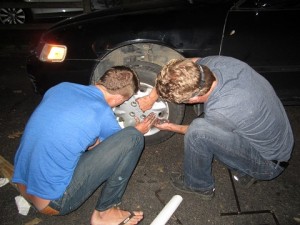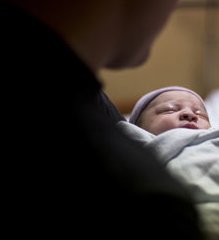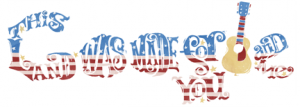Each morning when we wake up, we look at the ceiling above us and run through our plans for that day, even though we have no idea what might unfold. By the time our heads are back on the pillow looking up at the ceiling that night, it may have all panned out differently.
Take today, for example. If my cottage had a revolving door, it would never be still. Louisa left this morning, returning Saturday. That was just about the time Klaus arrived, leaving an hour later. Nelson departs tomorrow, returning Sunday. Hans and family called today to confirm airplane arrivals from England, and Linnea’s family is firming up another visit from Florida. Lars comes and goes from Chicago, and Birgitta and I are in and out daily.
As the front door opens and closes, each arrival and departure is loosely based on our calendars and date books, and all of us have expectations for every day. But what if our plans don’t click quite right? What if something goes wrong?
When Klaus left this afternoon he said, “See you tonight!” but when he arrived, it was with an unidentifiable racket that reverberated through the neighborhood. As he turned into our driveway, the ball joint from his front wheel snapped off the frame of his car, throwing it sideways and bringing him to a screeching stop, metal on asphalt.
When we saw the wheel, it was evident God had prevented a terrible accident. Most of Klaus’ driving is done on roads with a limit of 70 mph. Had the wheel come off at that speed, the car’s response would have been chaotic and catastrophic with him inside. All we could say was, “Wow….”
Scripture tells us God watches over our comings and goings. It doesn’t say he always prevents accidents or brings us to our destination every time, but he does promise to watch, noticing everything that happens to us. And because he uses his great power to affect change, we probably have no idea how many accidents he has averted for us. Tonight he let us identify one of them.
What confuses us is that some accidents God doesn’t prevent. Others he does. We know he has significant reasons for each of his choices, but that can be hard for us to swallow. The disasters he doesn’t prevent impact us heavily, and without understanding the why’s behind them, we bristle with frustration and anger. But it’s important to recognize that many of the accidents he does prevent are unknown to us. We have no idea how many there are, and we don’t give him credit for any of those.
Tonight I do want to give him credit for protecting Klaus and for planning for his wheel to fall off while going 7 mph instead of 70.
Thank you so much, Lord, for today, and for all those other times you protected us when we were unaware.
“The Lord will watch over your life; the Lord will watch over your coming and going both now and forevermore.” (Psalm 121:7-8)






